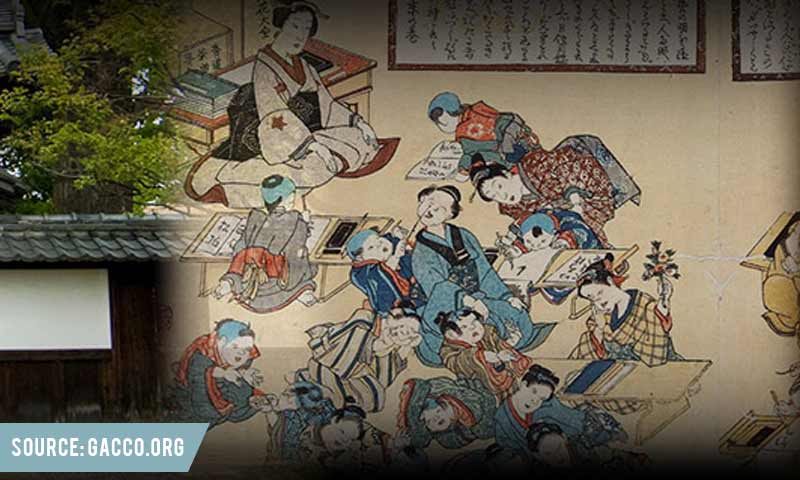The first Japanese MOOCs from gacco and JMOOC
Japan is one of the leading industrialized countries of the world, and with 126M people. Yet, knowledge of the English language is not widespread, thus have not been able to take advantage of MOOCs.
Japan is one of the leading industrialized countries of the world, and with 126M people, is the 10th most populous country in the world. Yet, knowledge of the English language is not widespread, thus most Japanese people have not been able to take advantage of the online education boom known as MOOCs.
In February, gacco was announced, an initiative from NTT DOCOMO and NTT Knowledge Square (NTT is Japan’s large telco provider), the General Incorporated Foundation, and JMOOC. The MOOCs are free to the public, and a dozen have been announced, featuring courses from prestigious universities such as the University of Tokyo, Waseda University, Keio University, and Hokkaido University. The topics are diverse, from traditional Japanese culture, to business & management, to international politics. There is even a MOOC on Manga Anime & Game Theory (Western fans would probably love an English-language MOOC on this topic).
The gacco platform is built upon the open-source open edX platform, with a custom-refined front end. Later in the year, gacco intends to have English-subtitled videos in their MOOCs, and even produce some English language MOOCs.
According to Eiji Ohtani, who is at NTT Knowledge Square and in charge of gacco, there have been over 55,000 sign-ups so far to the MOOCs, even with little to no marketing effort. Mr. Ohtani explains:
Last year, most Japanese universities did not know about MOOCs, so we needed to explain MOOCs and how they work…and the response has been very positive
Participants completing gacco MOOCs can receive a certificate, indicating completion. In the future, Mr. Ohtani hopes that these will become recognized signs of achievement by employers looking to hire for specific skills.
NTT DOCOMO and NTT Knowledge Square have experience in Japanese education, as a provider of paid courses. These new MOOCs will be free, however, and provide opportunities to regional universities to share their content with a wider audience. Mr. Ohtani says that in providing this service, they trust that in the future, a route towards monetization will be found. Thus, for now this is a tremendous free resource for Japanese-speaking learners, both in Japan, and hopefully outside Japan as well, to learn about current topics from high-quality Japanese universities.
What may be most impressive is the speed of this effort, with an impressive initial list of Japanese universities and professors who are developing these courses. We are seeing a similar trend with others, such as Coursera’s Chinese language MOOCs, or edraak, the edX-based platform for Arabic-language MOOCs. Expanding the reach of MOOCs to more of the 6 billion people on earth who are not English-speakers is surely an important trend worth applauding.






